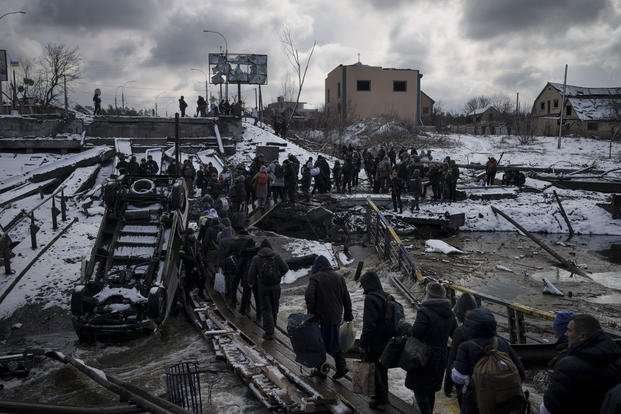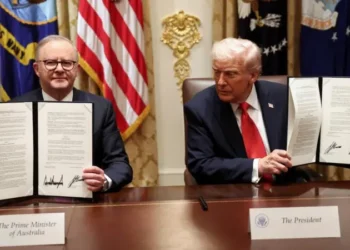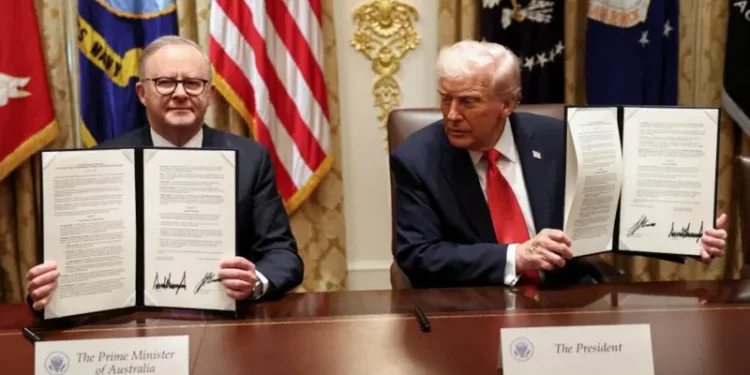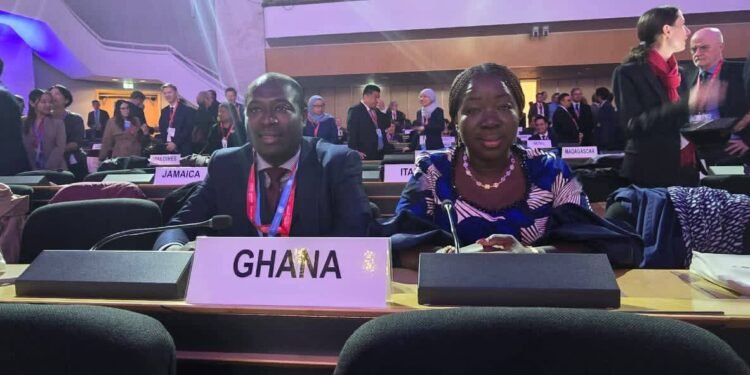The White House has warned that Russia could be planning a chemical or biological weapon attack in Ukraine, and “we should all be on the lookout.”
The caution came after Western officials shared similar concerns about fresh attacks.
Press Secretary, Jen Psaki, intimated that Russia’s claims about US biological weapon labs, and chemical weapon development in Ukraine, were preposterous. She called the false claims an “obvious ploy” to try to justify further premeditated, unprovoked attacks.
The West mentioned that they were “very concerned” about the risk the war could escalate, particularly the possibility of Russia using non-conventional weapons. This most likely refers to chemical weapons although the term also covers tactical (small-scale) nuclear weapons, biological weapons and dirty bombs.
One Western official said that “We’ve got good reason to be concerned.”
They said this was partly because of what had been seen in other places where Russia engaged, notably Syria, where chemical weapons were used by its allies.
Ms. Psaki said: “We should all be on the lookout for Russia to possibly use chemical or biological weapons in Ukraine, or to create a false flag operation using them – it’s a clear pattern.”
Earlier on Wednesday, March 9, 2022, the UK Ministry of Defence said in a tweet that Russia used thermobaric rockets in Ukraine. These rockets are also known as vacuum bombs because they suck in oxygen from the surrounding air to generate a high-temperature explosion.
This makes them more devastating than conventional explosives of a similar size and can have a terrible impact on people caught in their blast radius.
According to Western officials, the fears around chemical weapon usage was borne from Russian claims potentially “setting the scene” for some kind of “false flag”.
In a tweet, the Russian Embassy referred to claims that “recently found documents” showed components of biological weapons were made in Ukrainian laboratories, with funding from the US Department of Defense.
The US has dismissed the claims, saying it is the “kind of disinformation operation we’ve seen repeatedly from the Russians over the years in Ukraine and in other countries”.
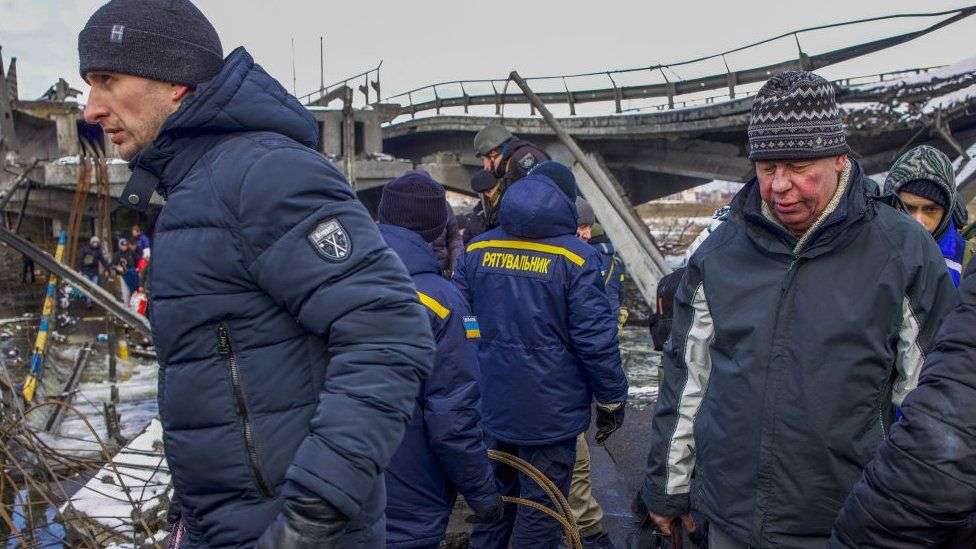
Russian officials and the media also claimed in recent days that Ukraine was planning to build a so-called dirty bomb, which disperses radioactive material.
Meanwhile, Russia’s Foreign Minister claimed Ukraine is seeking nuclear weapons. Some believe Moscow is pushing these claims to come up with a justification for its public about why it invaded Ukraine. But Western officials also fear they could be used as the basis for a “false flag” event.
For example, Russia could claim any dispersal of non-conventional weapons, came from Ukrainian facilities or troops, or they were first used by Ukraine. That could justify, for Moscow, hence, the subsequent use of non-conventional weapons by Russia.
There were “other indications as well”, they pointed out, likely referring to some kind of intelligence. The official also added that “It’s a serious concern for us.”
Russia’s ally, the Assad government, used chemical weapons in Syria on multiple occasions against civilians.
Russia is also accused of using nerve agents, a type of chemical weapon, in attempted assassinations like that of Sergei Skripal in Salisbury in 2018, and another against opposition figure, Alexei Navalny, in Russia in 2020.
The global watchdog that oversees the Chemical Weapons Convention, Organisation for the Prohibition of Chemical Weapons (OPCW), has described a chemical weapon as a chemical used to cause intentional death or harm through its toxic properties.
Their use is banned under international humanitarian law regardless of a valid military target because their effects are indiscriminate by nature and designed to cause superfluous injury and unnecessary suffering.
READ ALSO: GSS to Calculate How Much Ghana Loses through IFFs



